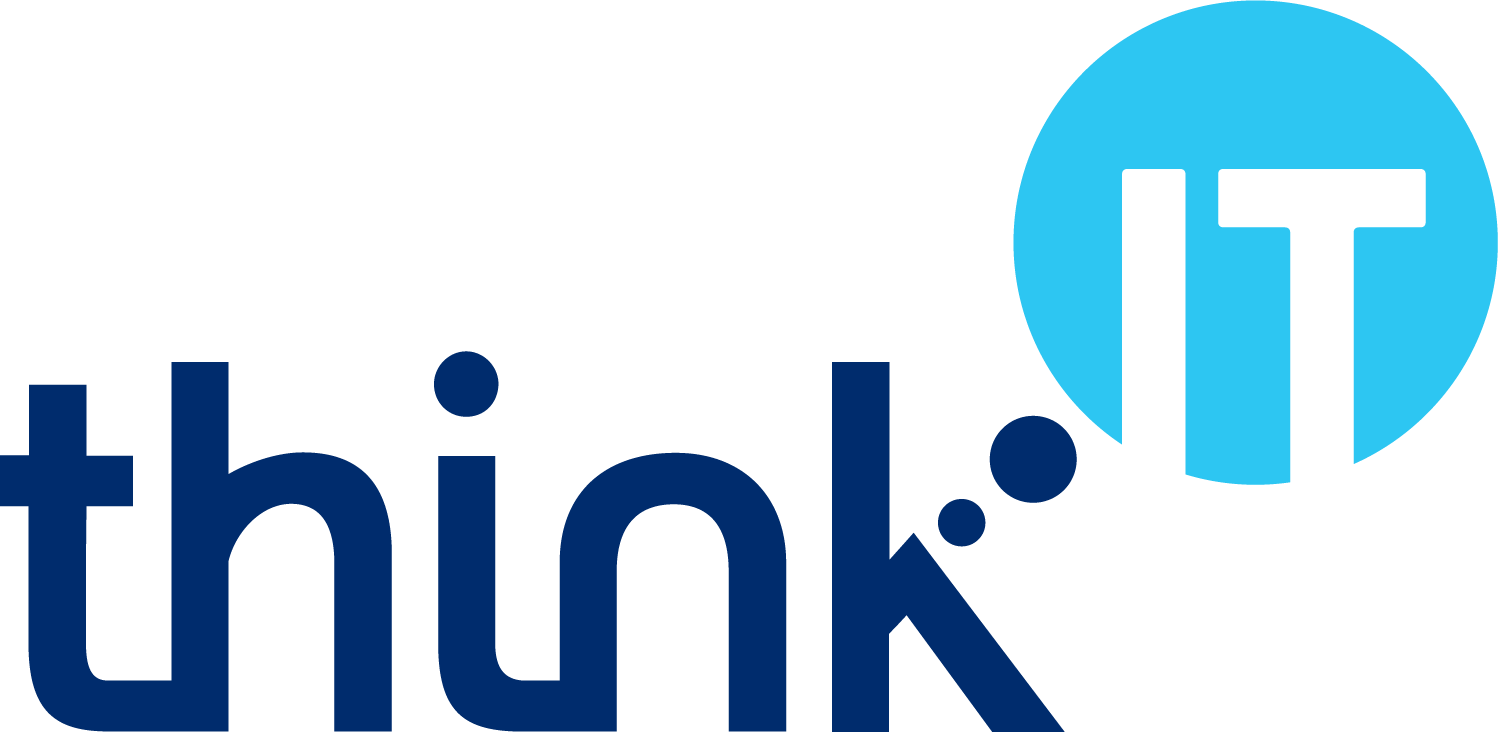On 28 June 2021 Microsoft released its ‘Insider Preview’ Windows 11 build to developers, and the full version is expected later this year.
There’s more information at the Microsoft Windows 11 page, including the minimum system requirements, which include:
- Processor: 1 gigahertz (GHz) or faster with 2 or more cores on a compatible 64-bit processor or System on a Chip (SoC)
- Memory: 4 GB RAM
- Storage: 64 GB or larger storage device
- Display: >9” with HD Resolution (720p)
One key requirement is the TPM (Trusted Platform Module), a dedicated chip in a device that is designed to secure hardware.
Microsoft says that “Trusted Platform Module (TPM) technology is designed to provide hardware-based, security-related functions. A TPM chip is a secure crypto-processor that helps you with actions such as generating, storing, and limiting the use of cryptographic keys. Many TPMs include multiple physical security mechanisms to make it tamper-resistant, and malicious software is unable to tamper with the security functions of the TPM.”
Most PCs and laptops made in the last five years will have TPM. It may be a physical module, or it may be a part of the CPU. If TPM is present, however, it must be enabled, and many devices without a dedicated module will have it disabled by default.
Windows 11 will probably be delivered as a free update for existing Windows users, and it’ll need an internet connection to download, install and activate. Home versions are likely to use a Microsoft account for installation and authentication.
There are a wide range of improvements expected in Windows 11, well set out by Techradar in their Windows 11 report. One of the most interesting is the promise that post-installation updates will be smaller, and that Windows 11 is “the most secure release yet”.
If you want to talk about Windows or you need help with anything else, head to the Contact Us page of the website and get in touch with us.





